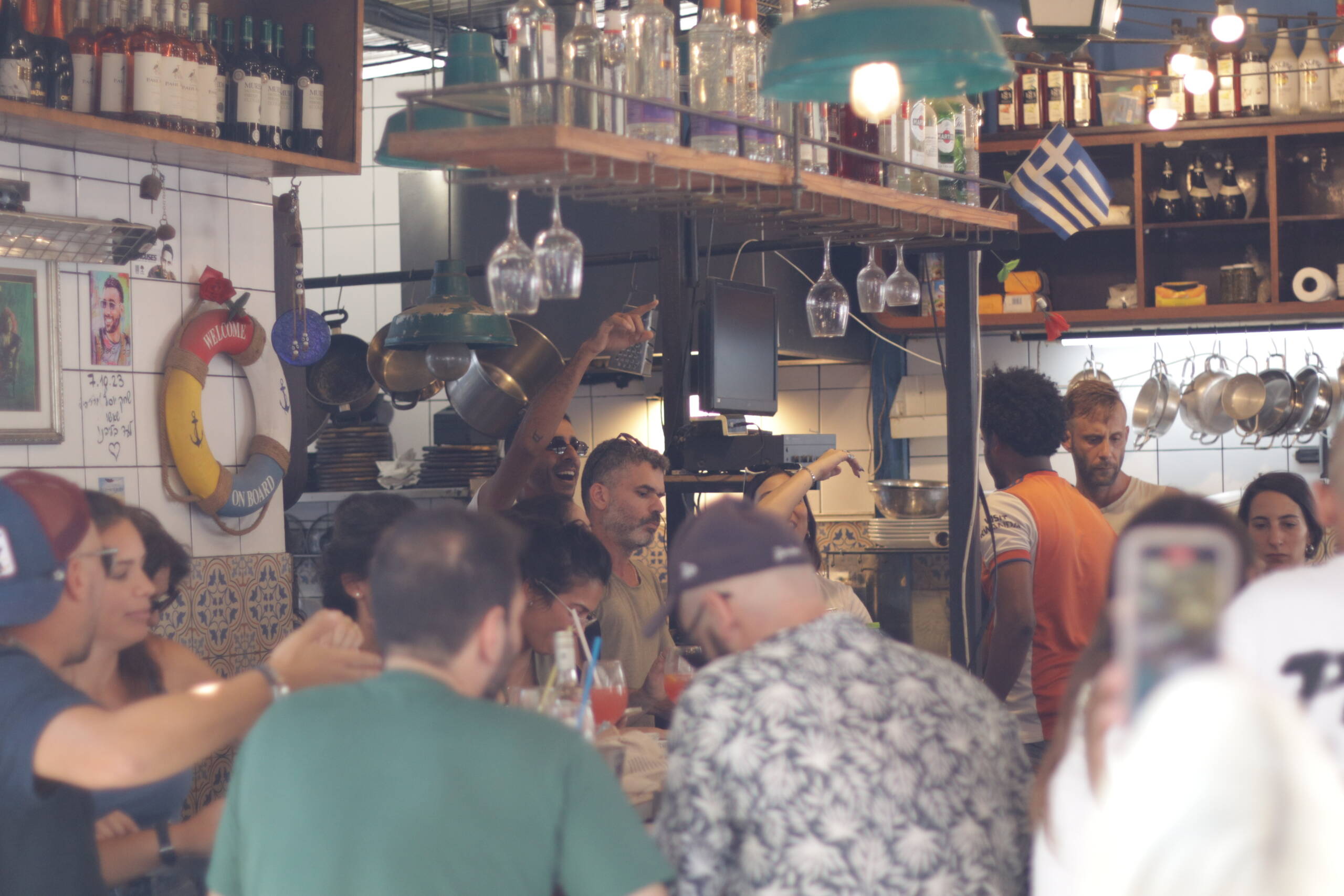There was a time when opening the web felt like walking into a crowded bar where every voice wanted to be heard. It was unpredictable, chaotic, sometimes overwhelming—but it was alive. You could stumble onto a stranger’s blog at 2 a.m., get lost in a quirky forum thread, or find a niche site that spoke directly to you. That messy abundance was the magic of the internet. Today, when I type a question into a search bar, what I get back is a clean, confident answer from an AI model. Useful, yes. But it bypasses the messy human voices that made the web worth exploring in the first place. Each time I accept that shortcut, I feel the loss: the well is running dry, even as the glass in my hand looks full.
The internet always ran on a fragile bargain. Creators gave content for free, users paid attention, and advertisers covered the bills. Imperfect as it was, the system sustained journalism, indie blogs, forums, even photo diaries that didn’t make much money but thrived on curiosity and connection. Generative AI has disrupted that deal. These models absorb our posts, stories, and articles, then serve up smooth summaries that cut the source out of the loop. Traffic referrals collapse, ad revenue dries up, and the incentive to create fades. Even big players like Reddit and Stack Overflow now charge AI firms for training access, a desperate move to keep themselves alive.
But what hurts most isn’t just the business—it’s the silence. The fading of eccentric voices, odd corners, imperfect posts. AI answers come stripped of fingerprints. No tangents, no humor that misses the mark, no rough edges. Just information: fast, frictionless, and sterile. If the trend continues, the internet we knew—loud, diverse, and alive—will become a ghost town, remembered but no longer inhabited.
And yet, not everything can be hollowed out. I took a photograph recently in a packed Greek bar, and it reminded me what AI can never steal. The image is pure noise: shelves stacked with bottles, wine glasses dangling overhead, a “Welcome On Board” lifebuoy on the tiled wall, a small Greek flag wedged between shelves. Pots and pans hang in the background while people lean across the bar, lost in their own stories. A man in sunglasses throws his arm up mid-laughter, pointing to the ceiling. A waiter in orange works the counter with focused calm. Drinks glow in the light—one, a vivid orange spritz. The whole scene is messy, imperfect, brimming with detail. It feels alive in a way no machine could synthesize.

That’s what the early web was: a crowded bar of clashing voices, of discoveries you never planned to make. AI can describe a bar scene, but it can’t feel the heat of the lamps or catch the way laughter spills across the room. It can’t give you the imperfections that turn a moment into a memory. Which makes me think: maybe saving the web isn’t only about regulation or royalties, though those matter. Maybe it’s about presence. Showing up, creating anyway, writing the post that doesn’t “scale,” publishing the photograph that isn’t perfect, adding back the fingerprints AI smooths away.
I don’t want to live in a web where every answer is clean, efficient, and lifeless. I want the tangents, the rough edges, the humanity. That’s why I’m still here, writing this, even as I watch the ground shift beneath me. If the web has a future, it will be found not in AI’s sterile summaries, but in the noise, the contradictions, the voices, and the imperfect beauty we refuse to stop making.
Leave a Reply